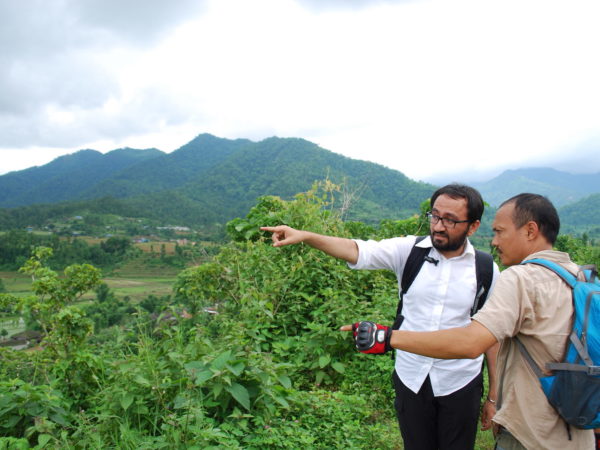2014 Demand for Inspection Panel “Pilot Program” Suspension
On 27 August 2014, Accountability Counsel and 20 civil society organization from around the world jointly submitted a letter to World Bank President Kim and Inspection Panel Chair Eimi Watanabe, requesting suspension of the Panel’s “pilot program” that prevents cases from reaching full investigations into social and environmental compliance issues. This was a successful initiative resulting in the current Chair of the Panel, Gonzalo Castro de la Mata telling us the pilot is “dead.”
The evidence showed that the Inspection Panel’s “pilot program” was a failure. The Lagos Metropolitan Development and Governance Project left 9,000 Nigerians forcibly evicted or in danger of losing their homes because they did not receive adequate financial assistance to secure housing. Community members filed a complaint to the Inspection Panel, requesting a full investigation. Instead, they were victims of the panel’s experimental pilot, which denied them an investigation and undermined the World Bank’s development goal of reducing extreme poverty.
The pilot program suffered from major flaws in its design and implementation, including:
- The pilot was used to block a panel investigation into compliance with bank policy in the Lagos case, even though the panel found evidence of bank safeguards violations. This prevented the board from learning lessons to improve future projects.
- The panel committed to the requesters that they could exit the pilot at any time, but when they asked to exit the pilot and for registration due to their deep dissatisfaction with the pilot, the panel betrayed their commitment to respect the requesters’ decision, violated their trust, and immediately closed their case.
- The pilot leaves those who created the problems alone in charge of the solutions. Without adequate procedural protections to offset the bargaining disadvantage of the affected people, such as use of neutral mediators, the pilot program lacks the ability to produce fair or sustainable solutions to affected peoples’ concerns.
- In the Lagos case, this bargaining disadvantage and lack of basic protections resulted in an agreement that is grossly inadequate to meet the basic needs of the affected people and that provided worse terms than those originally offered by the Lagos government before the pilot program began. The poorest of the poor are worse off because of the pilot.
- The pilot program was illegitimate. It undermines the board resolution that created the panel and was not board-approved. The pilot was designed through non-transparent meetings between the panel and parties with a direct conflict-of-interest (bank management and the bank’s legal department), without taking critical public comment into consideration. This illegitimacy and the pilot’s failure are undermining the credibility of the World Bank, which relies on a robust accountability system.
We requested an immediate independent investigation into the pilot program, and suspension of participation in the pilot until investigation results were publicly released and reviewed. We also wrote this analysis for Bretton Woods Project making the public case that the pilot be suspended to support our advocacy.
Impact: as a result of our advocacy to the Inspection Panel, the World Bank Group’s Board of Directors, and with civil society partners, the Panel has told us that they have ceased using the pilot to address complaints it receives.

